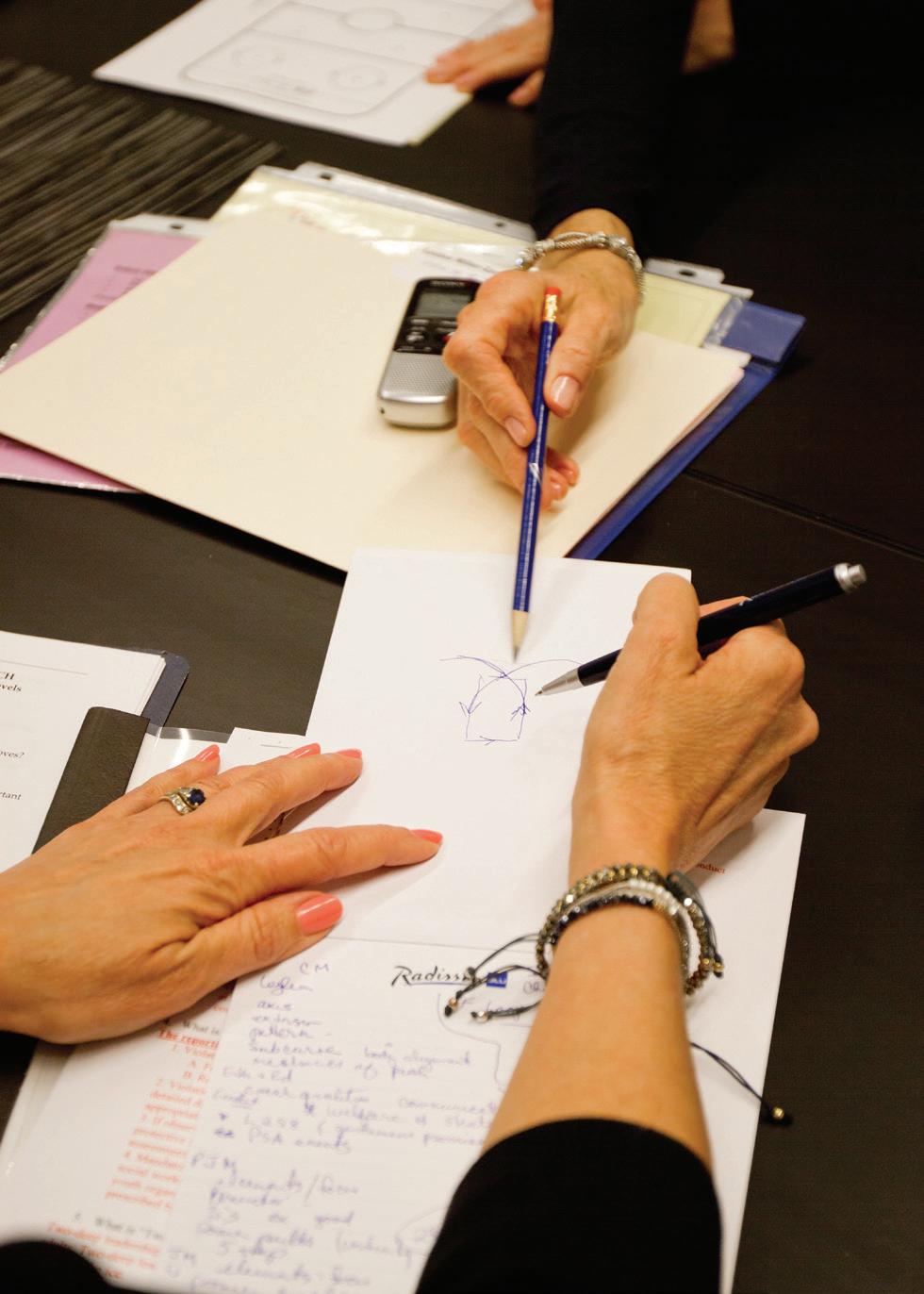
3 minute read
A Coach Who Fell In Love With Her Job
By Kent McDill
Maude White had no choice. She had to do something to make money, and the only thing she knew how to do was figure skate. So, at the age of 19, she decided to become a figure skating coach. She joined PSA in 1959 and has been a proud member of PSA for over 60 years.
Advertisement
Since then, White has acquired Master ratings from the PSA for Figures, Freestyle, Dance, MIF and Group Instruction. She has influenced the figure skating communities in both Philadelphia and Richmond, Va. She has raised three children (two daughters who figure skated and a son who played hockey), and eventually earned the college degree that eluded her in her youth.
White is a fierce defender of the values of PSA membership, just as she bristles with the knowledge that many young coaches find it difficult to participate in PSA programs due to the cost and the time required. But just as she made it all work for herself, she cajoles her younger coaching colleagues to acquire PSA ratings and develop greater coaching skills as they grow into the career she sort of fell into.

Maude with Doug Haw and Brian Orser at a PSA Seminar she hosted in 2018
Maude White’s father was a fisherman, and in the winter months of the 1950s in New York state, fishing was not available, so White’s father took his 9-year-old daughter to the local skating rink just to give her something to do. White continued to skate in her spare time and, because the school system she was in offered split schedules to all students, she had the time to became quite proficient, eventually competing in U.S. Figure Skating competitions in the intermediate, novice, junior, and senior levels.
At the age of 19, White turned to coaching because “there wasn’t anything else I wanted to do. It was a job that became a career. I did not know I was going to get hooked, but I loved doing it.” She credits her own coaches Gus Lussi and Red Bainbridge providing her the base she needed to be a successful coach.

Maude at age 12 in Lake Placid, NY
Settling in the Philadelphia area as a young adult, White coached there for over 45 years and eventually became the Skating Director at the Philadelphia Skating Club in Ardmore, Pa., during which she married and had three children. While coaching, she eventually earned a college 1 degree as an adult, working for 10 years on classes in her spare time to earn a degree in business administration from Gwynedd Mercy University in 1996. In 2011, she and her husband moved to Richmond, where she is now coaching part-time.
White has coached many regional, sectional and national competitors, and like White, many of them have gone on to become coaches themselves. Her attitude about figure skating is colored by the fact that the sport was a necessity for her, but she understands the pressures that exist for those students and young coaches with whom she has worked.
“I like to track how the skaters improve,” White said. “They don’t have to be the best, but as long as they work hard, they can improve.

Back on the the ice after a 2015 hip replacement
“I tell them all, you may not ever get to be in the Olympics, but skating is a great learning tool. You learn to cope with a lot of the pressures. The skating itself pushes you into a direction.”
White started her coaching career at a time when a single coach was responsible for all of the segments of a championship skater’s performance, from the strength of their skating ability to their choreography and their music. It’s not that way anymore. “It’s like there is an ownership angle to coaching these days,’’ White said. “I like it better when it felt like we were all on the same team.”
Her appreciation of the PSA stems from her personal association with the organization back when it was the Professional Skaters Guild of America.
“The thing I have always liked about the PSA is that they promote the concept of trying new ideas,” White said. “That’s why I always try to get young coaches involved, even when it is hard for them to pay the costs of classes or find the time to attend conferences.”










